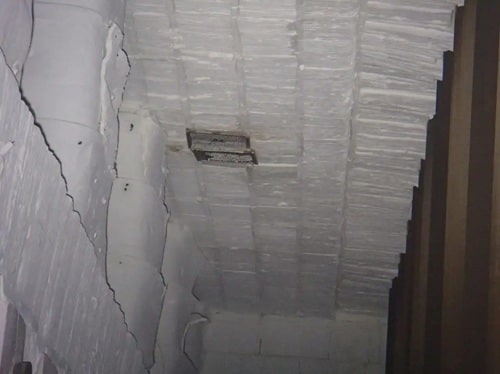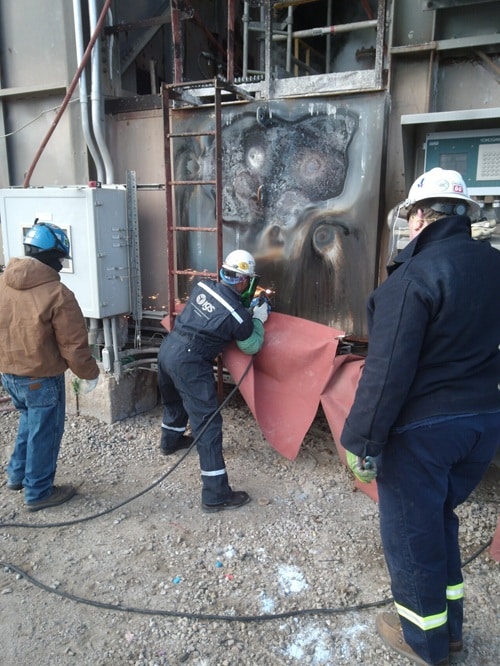Olefin Plant Applications
Olefin plants use processes like steam cracking to convert saturated hydrocarbons (aka naphtha) into unsaturated hydrocarbons (olefins) such as ethylene, propylene, and butadiene.
Production relies on various feedstocks, including:
- Naphtha
- Natural gas
- Coal
- Methanol
The resulting olefins serve as raw materials for various products, including plastics, chemicals, detergents, and adhesives.
Maintenance
Inc. Steam Cracker Decoking
Steam crackers (also known as pyrolysis furnaces or ethylene furnaces) require regular maintenance:
- Are taken out of service for decoking
- Decoking may be required as frequently as every 3-4 months, depending on operation
- Scheduled shutdowns provide natural opportunities to address maintenance/repair issues
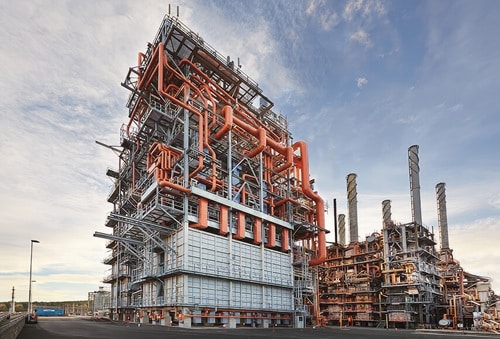
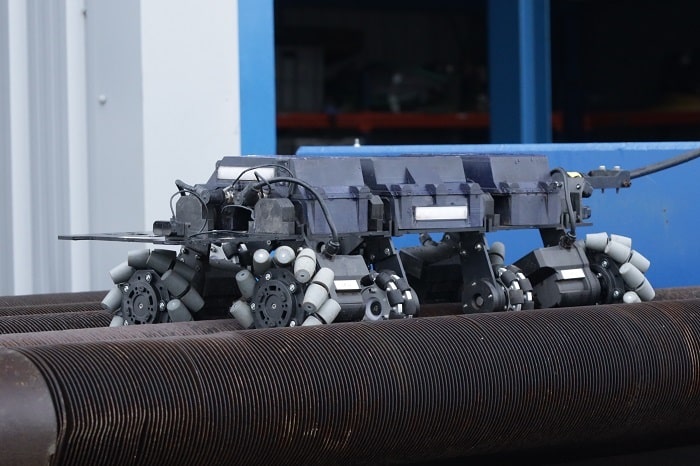
IGS TubeTech™ ROV Cleaning
These shutdowns also allow for IGS TubeTech™ ROV cleaning of the convection section external tube surfaces:
- Removing >95% of fouling
- Restoring process efficiency to like-new condition
Before IGS TubeTech™ ROV Cleaning
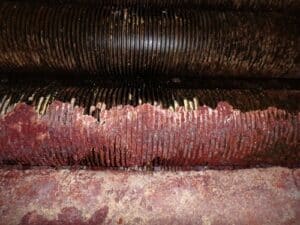
After IGS TubeTech™ ROV Cleaning

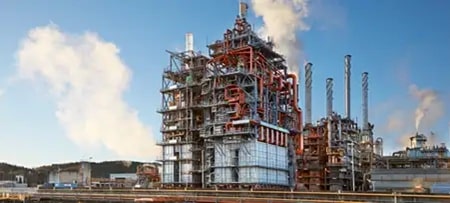
Case Study
Debottlenecking Steam Superheat Issues in a Steam Cracker
A world-class steam cracker producing over 700,000 tons of ethylene annually faced debottlenecking issues due to excessive reduction in steam superheat. Inefficient heat transfer from fouled convection sections caused moisture formation in turbines, leading to water erosion of critical turbine components. Traditional water cleaning methods in 2015 and 2018 had failed to improve heat transfer.
Online Hot-tek Maintenance Applications
Despite frequent shutdowns, online Hot-tek maintenance services have proven valuable in steam crackers:
Hot Refractory Repair (HRR)
- Used after startup in a cracker when ceramic fiber modules failed
- Case Study: Ethylene Furnace Hot Spot Repair
Hot Inspection Service (HIS)
- Allows thorough assessment of damage and repair condition
- Referenced in this case study
Hot Vacuum Cleaning (HVC)
- Can be completed without shutdown whenever required
- Used for SCR catalyst cleaning in associated units
Hot Convection Cleaning
- Removes convection section tube fouling & scale during furnace operation.
- Increased heat transfer efficiency, steam production & process pre-heat.

Gas Plant Corrosion Protection
Effective corrosion protection is critical for maintaining the integrity and operational efficiency of gas processing facilities. Our High Velocity Thermal Spray (HVTS) technology provides superior protection against the harsh conditions found in gas processing environments, extending equipment life and dramatically reducing maintenance costs.
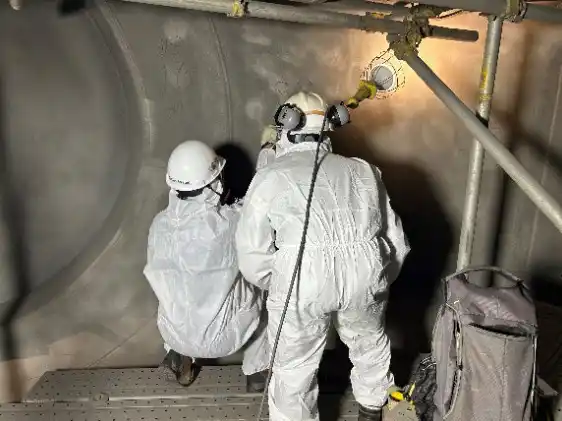
Case Study
Quench Tower Organic Acid Corrosion Mitigated with HVTS®
Singapore’s major petrochemical plant utilized IGS’s HVTS technology to mitigate severe organic acid corrosion in their Quench Tower, applying cladding across 240m² of affected surfaces. This solution delivered 56% cost savings and 65% faster implementation compared to traditional methods, allowing immediate return to service without compromising the facility’s 2.5+ million tonnes annual production capacity.
Propane Dehydrogenation (PDH) Facility Applications
PDH (Propane Dehydrogenation) facilities convert propane into propylene, a key chemical in manufacturing plastics and other products.
PDH Process Overview
Chemical process where hydrogen is removed from propane to produce propylene
Propylene serves as crucial feedstock for the polypropylene industry
Supports production of various plastics used in packaging, textiles, and other applications
Global PDH Facilities
Facilities are found on every continent and most oil and gas producing countries.
Commercial PDH Technologies
Three main commercial PDH process technologies available:
- CATOFIN® process (licensed to Lummus Technology)
- OLEFLEX® (licensed to UOP)
- STAR® (licensed to ThyssenKrupp Uhde)
